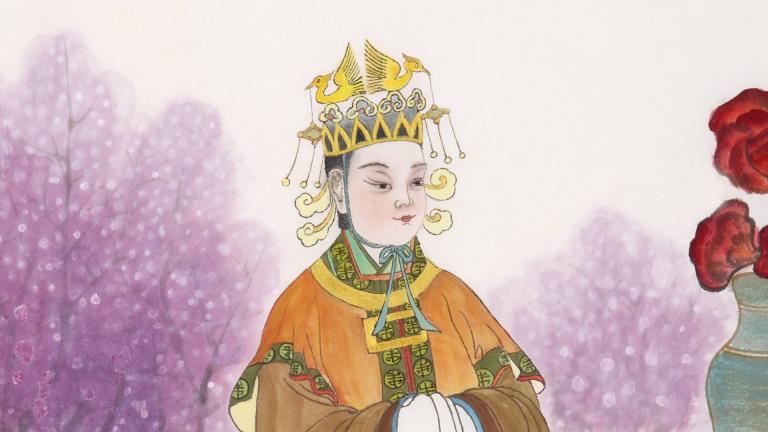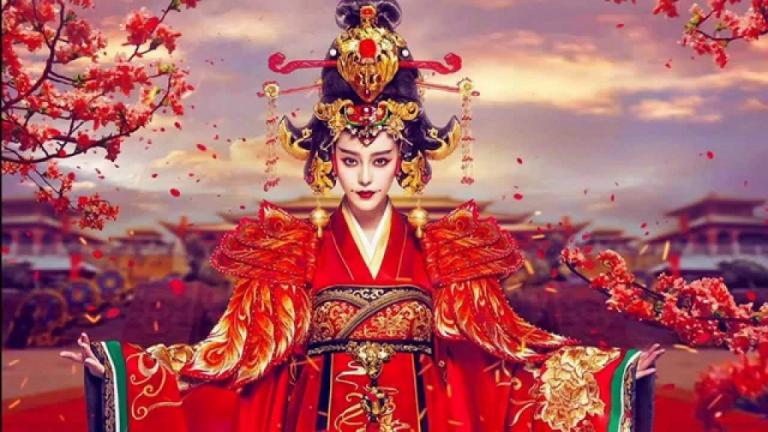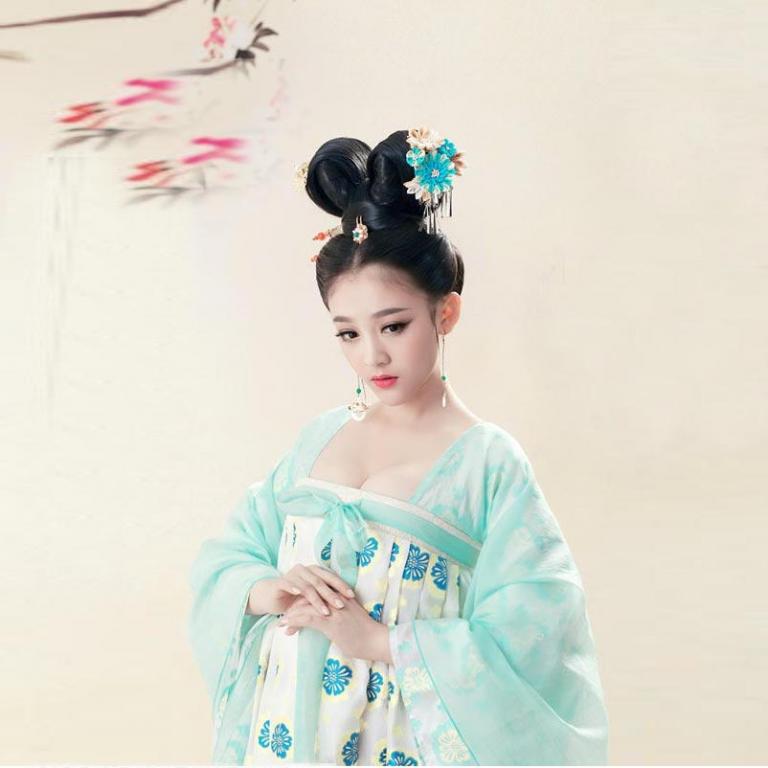The Years after Wu Zetian
3 min readA Temporary Stability Wu Zhao’s rule was followed by a Tang restoration and golden age which lasted from 710-755 AD.The emperor was weak but the Policy of“Wu Wei Er Zhi”,“Doing Nothing”worked,which is similar to the economic policy of“Laissez-faire”in the West sense.As a result,finance was again put in order,along with a restoration of the administration and political life.Reliable censuses were once again taken,and the armies were restored.
Most remarkably,poetry became very popular,and while few new forms of poetry were developed,the existing forms of poetry were brought to perfection.At the end of the Tang Dynasty,free verse poetry began to be created.These poems were sung,and often strung together in a continuous series.

This is the first step toward developing opera,especially as these poems were often sung as accompaniment to theatrical productions.
One of the most common places for these poems to be heard was in the teahouses.The popularity of tea was steadily growing during this period.This is partly evidenced by including tea in one of the state monopolies(793 AD.)when the state needed to increase its revenue.Other items that were monopolized were salt and alcohol.Of the three monopolies,the salt monopoly was the most profitable.
The“An-Shi Mutiny”or“An-Shi Turmoil”Unfortunately,the reorganization of the armies also resulted in increased autonomy and power for the military leaders,which eventually led to the destruction of the Tang.
The general An Lushan rebelled in 755AD,but he was defeated by the governmental troops in Luoyang and Changan.He died in 757 AD,but the rebellion was continued under the leadership of Shi Siming.
This rebellion was followed by a retreat from all of the areas that had been gained and added to the Chinese empire.

Internal struggles were similar to those of the Han era,when the eunuchs and the literati began to struggle for power.There was not enough revenue for the state,as taxes were no longer coming in,yet the state armies had to be maintained which was costly.Part of the reason that there were no taxes was that most of the tax revenue was retained by governors who used it to maintain their own armies.The type of tax also changed as theequal land system ended and taxes were again based on people,not on land.Also,trade with other countries steadily diminished.
The Peasants’Uprisings As in previous periods,the warfare and internal struggles for power made life for the peasants very difficult.A sequence of peasant uprisings beginning in 860 AD led to the demise of the Tang Dynasty.The most successful of these uprisings was led by Wang Anshi and Huang Chao in 874AD.The two led an army of peasants that captured eastern China.The government then issued orders to arm the rest ofthe country against the rebels;however,this proved to be a misguided order as the newly armed peasants joined rather than fought the rebels.Wang Anchi was caught and beheaded,but Huang Chao continued conquering China and eventually made himself emperor of a dynasty he called the Daqi dynasty.This was the first peasant uprising that had ever succeeded.The remaining members of the old government appealed to foreigners for help in overthrowing Huang Chao,and in 885 AD the Tang emperor returned to his capital;however,he had lost all power,and war again ensued as others tried to gain control of the empire.This led to a period of division known as“the Five Dynasties and the Ten States”.









